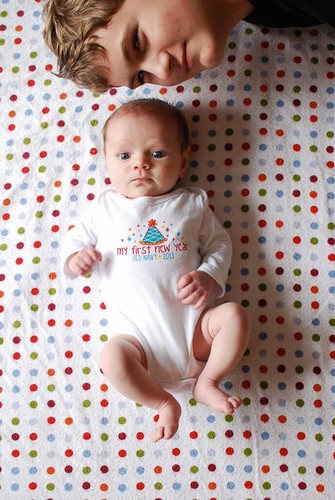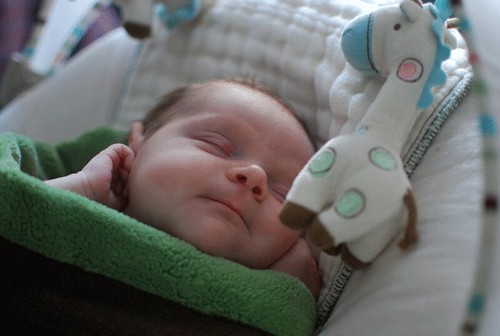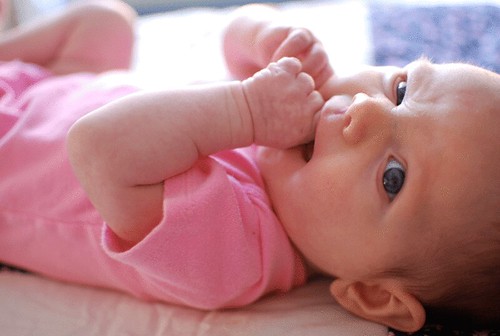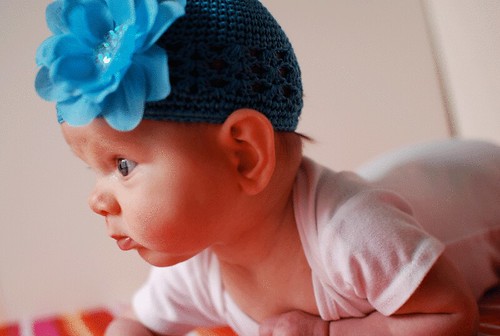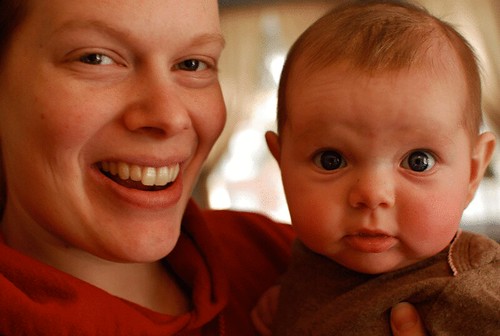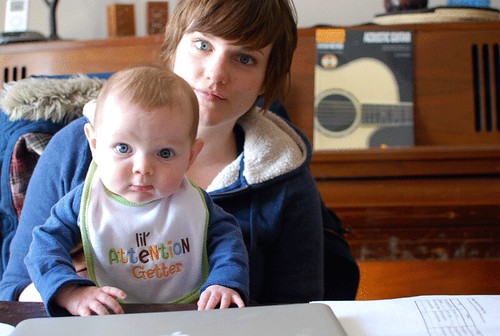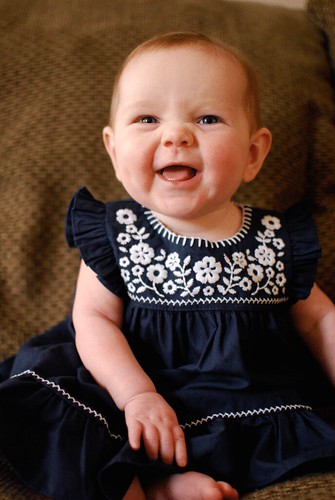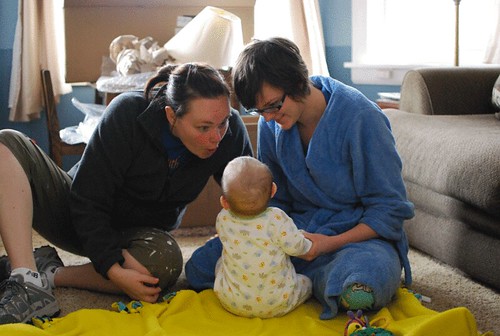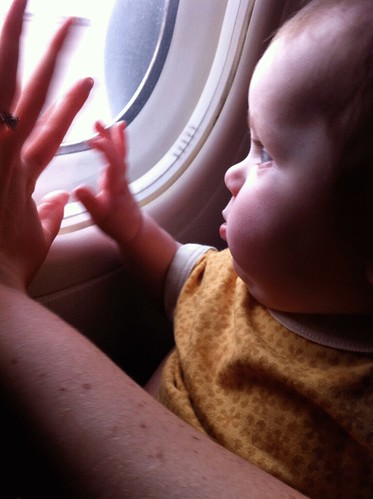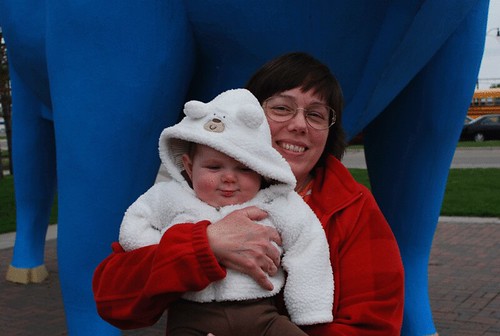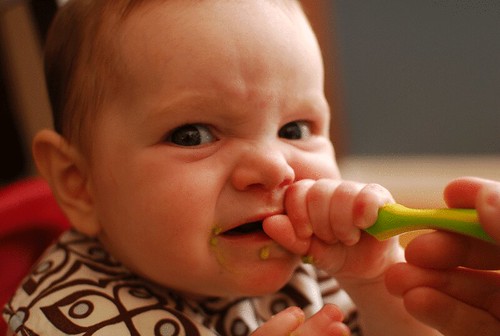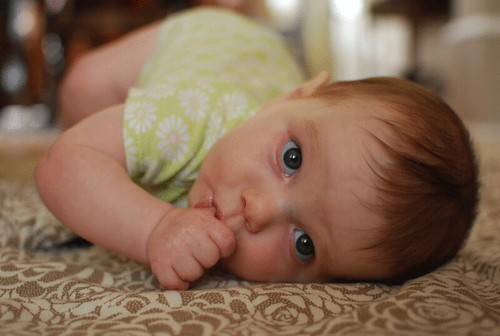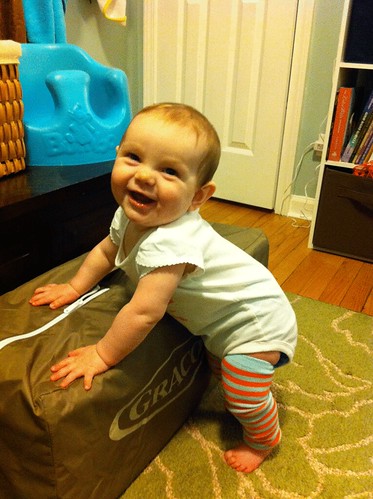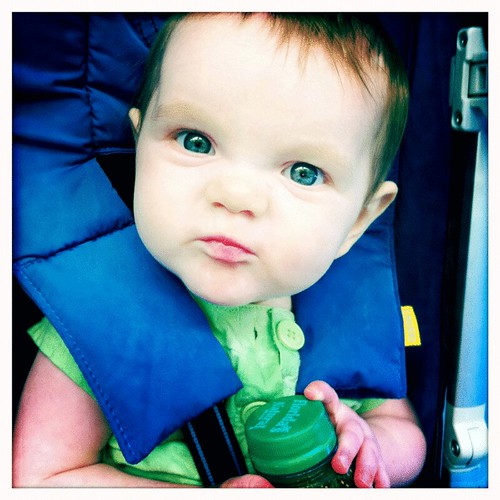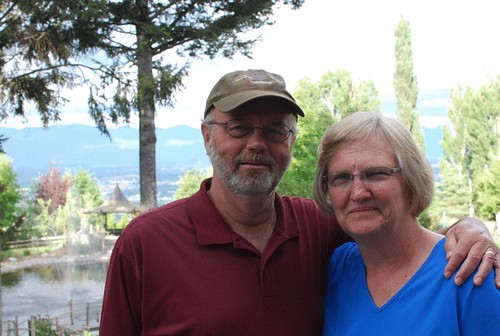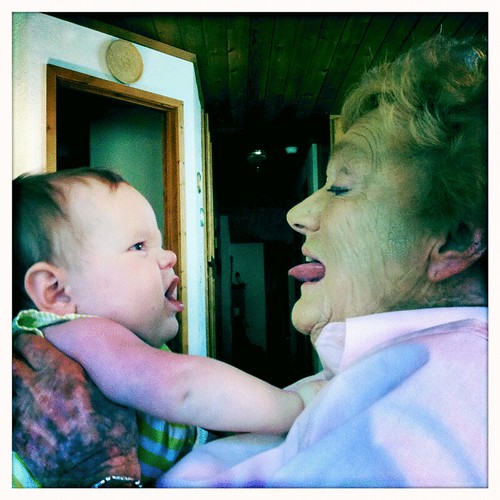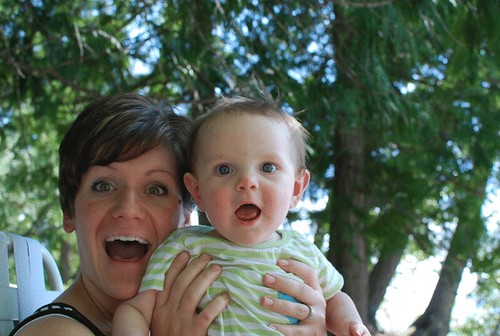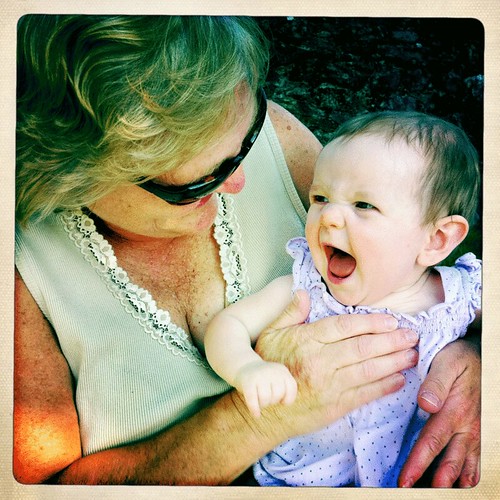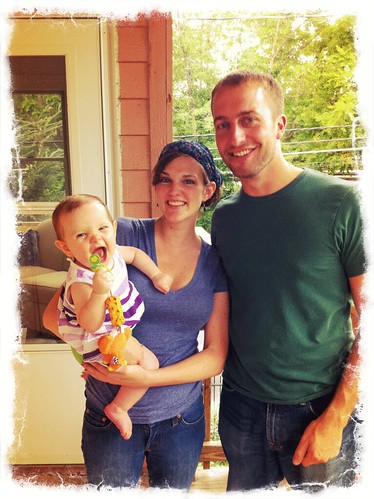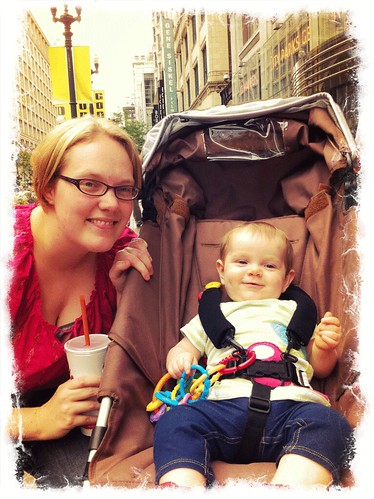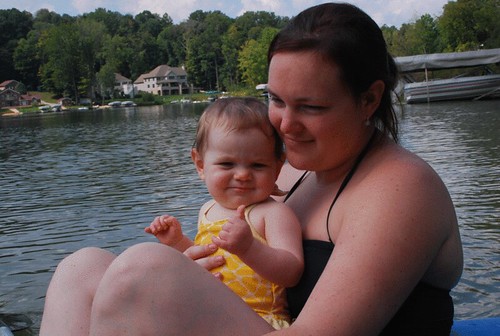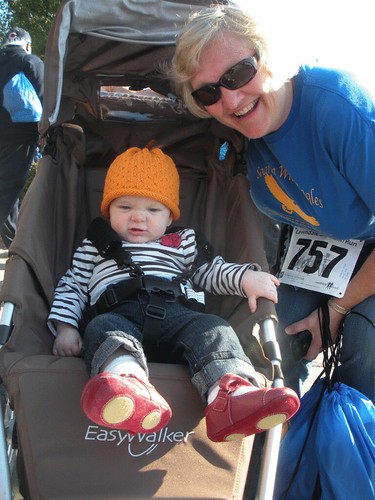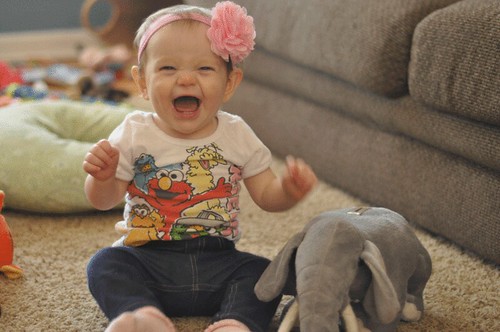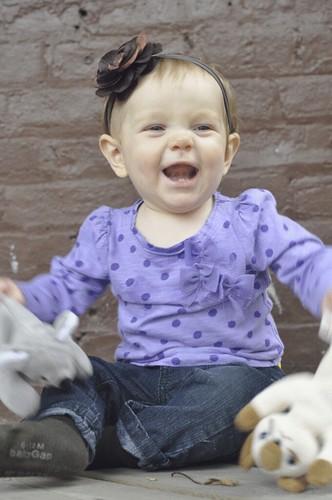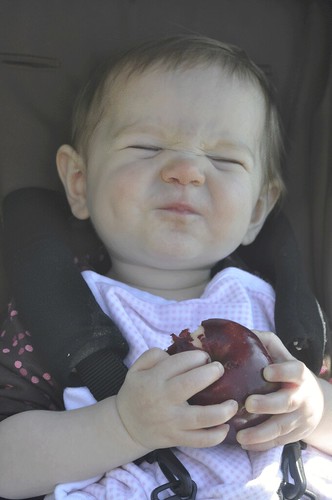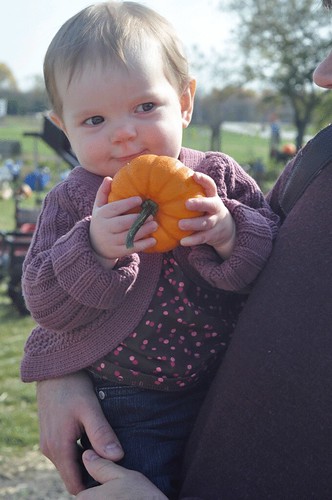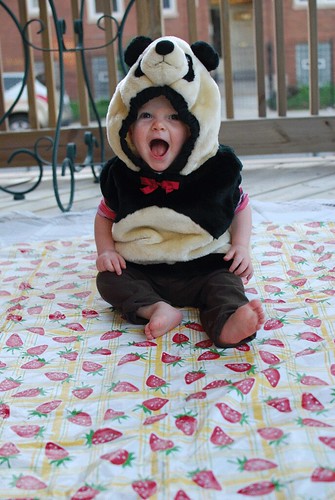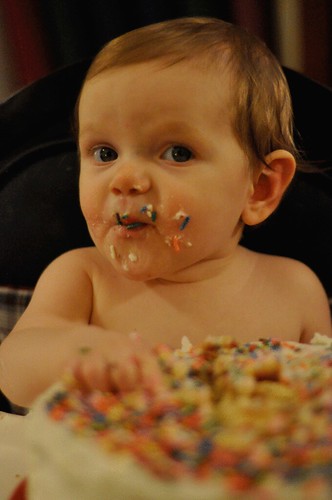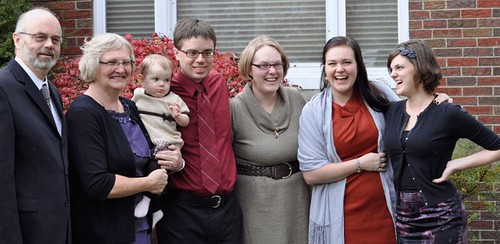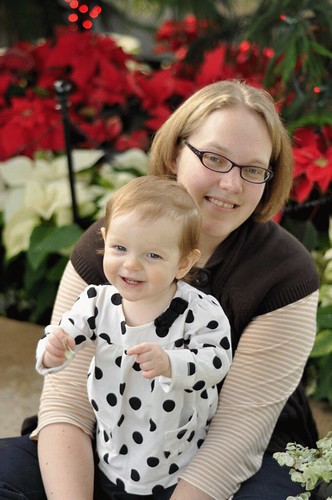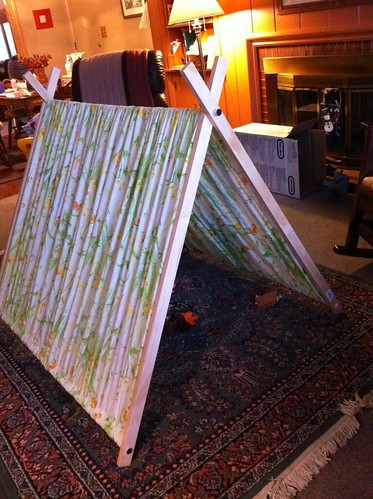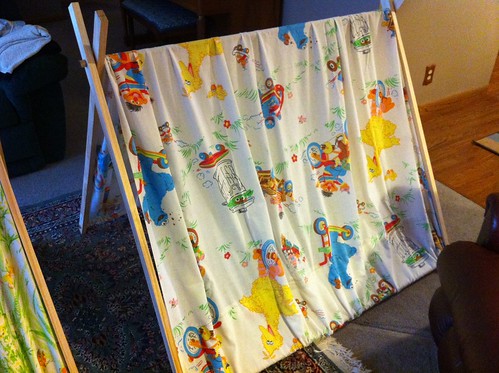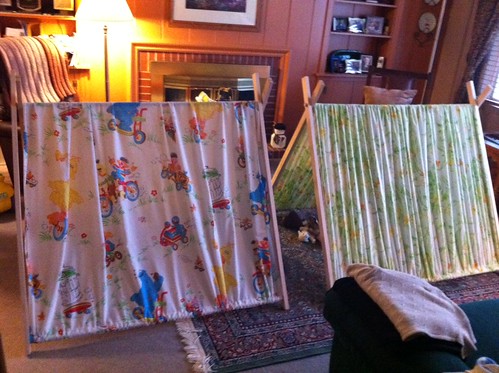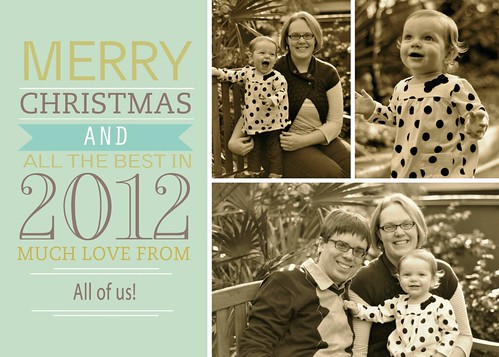After reading Urrea's novel I turned around and read
Amy Julia Becker's nonfiction piece, "A Good and Perfect Gift; Faith, Expectations, and a Little Girl Named Penny." I didn't realize it but I have read some of Becker's work before on the
Motherlode blog of the New York Times (which I loved while Lisa Belkin was writing it but she has moved to the Huffington Post and Motherlode continues but it just isn't the same....). Anyway I started Becker's book thinking it might be a bit dry and depressing as it appeared to be a very deliberate treatise on faith and pain and their connections. I was delighted to be proven very wrong. Becker's book is a glass of fresh cool water on a difficult and often very confusing topic. She presents the story of her daughter, Penny, who has Down Syndrome and Becker's journey into being her mother. The best way I can describe Becker's work is that it is just beautiful. Gorgeous in its simplicity and clarity. Though I wonder if that's what she intended when writing it. Because it's beauty is not due to some dramatic written effort, in fact it's the lack of pretense that gives the book a soul.
I have to confess that I adore good nonfiction. When I dabble in writing it is the genre I am most likely to attempt. A compelling memoir will have me spellbound for weeks after reading it. (I still ponder on Anne Lamott's work a decade later!) So I am probably biased towards Becker's book. But I also despise poor nonfiction, so unless it's good I am not reading it. I'm much more likely to quit a lousy nonfiction book than a lousy fiction book, I'm not really sure why but that seems to be the pattern.
Anyway Becker's book took me several important places. First it made me think about being human and grappling with pain, disappointment, joy and hope. Second, it reminded me of my own experiences with people who have disabilities, notably my aunt Liz. And finally third, it brought me back to being a mother and probably for the first time I felt some of the things in this book different because I have a child.
Let me deal with that third piece first, this book chronicles Becker and her husband's first child, Penny. She is born with Down Syndrome which is a surprise to everyone since the prenatal testing did not reveal this. Having had a baby myself in the last year I couldn't help but place myself in her shoes and ask "what would I have done? How would I have responded to this?" Over and over I found myself struck by the similarities and differences of having children who are "typical" vs "disabled". I thought about Nemo and her ease with development and my expectations that she would develop at a typical rate. How different our lives could be if she had a disability that presented at birth... I suspect that part of the appeal of Becker's book is that many people can read her story and relate to the common experience of having a child while also seeing the differences highlighted. She does a fabulous job of sharing the comments people have made to her, mostly insensitive but said with good intentions, throughout the book. She seems to be a saint because I certainly would not have had as much grace as she appears too!
Aside from my own identification with Becker's motherhood I also found myself dwelling on memories of my Aunt Liz (my fathers younger sister who died in 2003 who had significant developmental/physical limitations). Many of the things Becker reports hearing about her daughter, I have memories of hearing about Liz. Things like, "she's a gift, what a special person and what a blessing" all of which were true. But I wonder what it was like for my grandparents when she was born, did they struggle with the questions Becker raises in her book about the nature of pain and Gods will in our lives? I wonder if they wrestled to find meaning in the midst of both tragedy and joy? By the time I was born they may have figured it it, I'm not sure. What I do know is that Liz played a significant role in my life and I saw her as a true blessing. I also saw the hard work that my grandparents put into taking care of her, though I'm sure I only understood a tiny part of that process. As the first grandchild/niece though I felt tremendously loved by Liz. She made me feel special just because I was hers. There are many pictures of my infant self in her arms and plenty more of me in one of her classic "hammer locks" as an older child and adolescent. Becker's book brought me back to all of those memories and highlighted the struggles present when joy and pain are mixed up together. Liz was a joy, a blessing but she also lived a life marked by physical and mental limitation. I think that's hard to reconcile in a world where we think that everything can be controlled or perfected if we just get it right. Sometimes you just can't and there will be sorrow, pain and even hopelessness but in the midst of that grace comes to teach us how to be and how to live. I am thankful that Becker's book took me to that place again.

The first idea that I mentioned, that this book reminded me of human connection and emotion, is also crucial in understanding my reactions. Becker spends a good portion of the book inside her own head but she also weaves in stories of how others reacted to her and her new family. The grace she displays for others is remarkable. People of course say the craziest things, I'm sure I've been guilty of these kinds of missteps in my life. But Becker discusses her reactions, gets angry, feels frustrated and occasionally walks away all while finding room to give people mercy in their ignorance. And how ignorant most of us are, really I was reminded again that most of us are fumbling around trying to say the "right thing" only to be completely wrong in what we do choose to say. Oy, how much we need forgiveness from each other. It's so much easier to just write people off when they do things that hurt or offend but Becker repeatedly reminded me that the road of grace and mercy is quite different.
I found it fascinating to see how her marriage functioned in the midst of this new development. It appeared throughout the book that she and Peter are the most well-adjusted married couple around, they rarely argue let alone fight! This where I wondered what might have been left out, perhaps for privacy's sake. It just seems that their adjustment as a couple is seamless and I would have expected a bit more conflict. Aside from that I was so taken in by the way they communicated and Peter's radical acceptance of their daughter, just as she was. Amazing and inspiring. But also very human, a reminder that sometimes we can rise above and just be God's grace and mercy.
I didn't really intend to write so much about this little book. But I loved it and I found myself close to tears throughout. This is an author I look forward to hearing and questioning about her thoughts on the interaction between her faith and her motherhood.
To end another pic of my favorite girl at her Grandma's over Thanksgiving...
